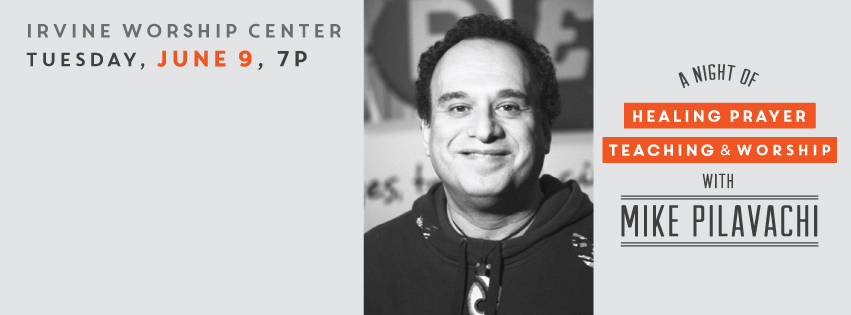Lean In // 5 minutes
How many text message acronyms can you name?
Sample answers include:
- LOL – Laugh Out Loud
- RBTL – Read Between The Lines
- TTYL – Talk TO You Later
- WYWH – Wish You Were Here
- TMI – Too Much Information
- BTW – By The Way
- SMH – Shaking My Head
- BRB – Be Right Back
- IDK – I Don’t Know
- ROFL – Rolling On Floor Laughing
- HTH – Hope This Helps
Leader Note: Text messaging is a way of life and so are the acronyms. Use the question to generate some fun and engage the group. As a follow up to the question, you could have group members make up their own acronyms and have others attempt to guess.
Look Down // 10 minutes
What do you learn about the Word of God?
Sample answers could include:
- It is alive and active
- It’s sharper than any double-edged sword
- God’s word penetrates
- It divides soul and spirit, joints and marrow
- It judges the thoughts and attitudes of the heart
- The word of God uncovers all and leaves us bare before Him
Look Out // 10 minutes
Where have you seen someone’s words bring life? And, where have you seen words bring death?
Leader Note: God knows that we are marked by the power of words, which is why He is so intentional with his words. They have the power to shape, give identity, reveal truth, direct our future, and guide decisions because God’s Word is active and alive. This is why it is critical to listen for and respond to God’s Voice in our lives.
Look In // 20 minutes
Leader note: This week’s Look In question will be more experiential to demonstrate how God’s Word is alive and active.
To begin, read Psalm 119:97-105 aloud to the group:
Oh, how I love your law! I meditate on it all day long. Your commands are always with me and make me wiser than my enemies. I have more insight than all my teachers, for I meditate on your statutes. I have more understanding than the elders, for I obey your precepts. I have kept my feet from every evil path so that I might obey your word. I have not departed from your laws, for you yourself have taught me. How sweet are your words to my taste, sweeter than honey to my mouth! I gain understanding from your precepts; therefore I hate every wrong path. Your word is a lamp for my feet, a light on my path.
Then, have group members re-write a part of the Psalm that speaks to them (IE- “God’s Voice is a map for my future and a flashlight for the way”)
Finally, have group members answer the following question:
Where do you need God’s Word to light a path?
Live It Out // 5 minutes
Who might be impacted by you making God’s Word your light and path?
Click here for Life Group Serve Opportunities
Learn More About Flow Questions: Check out Kenton Beshore’s book Ask in the Irvine Campus Bookstore for more on the Flow Question model.

